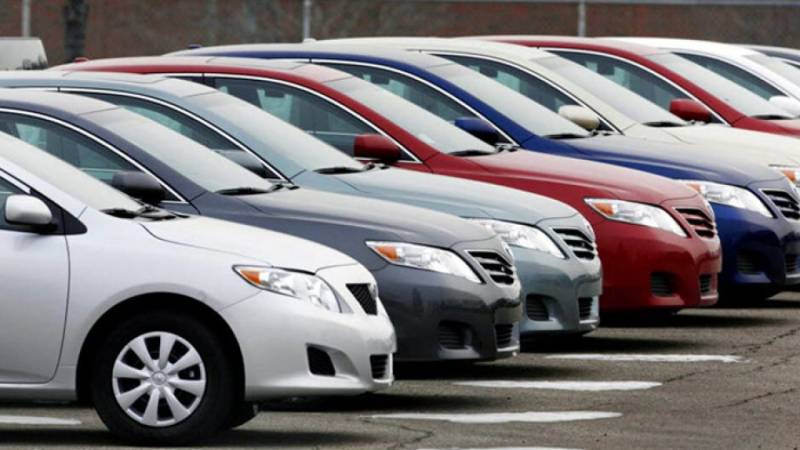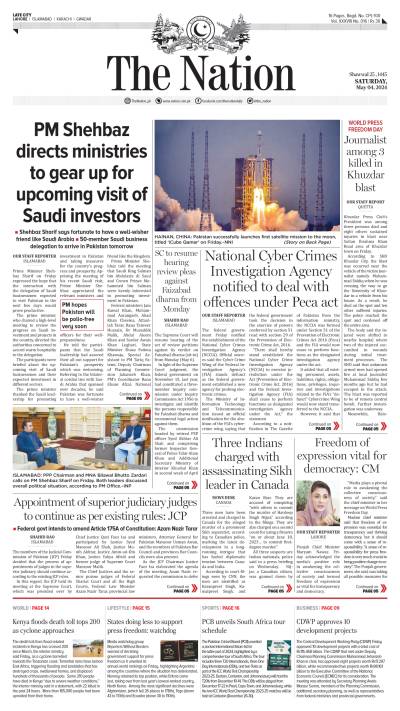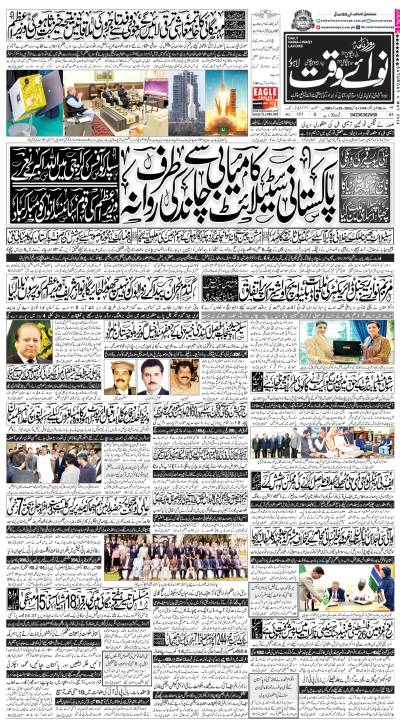LAHORE - “It is imperative for Pakistan to adopt WP29 agreement because the local standards without recognizing the international norms/regulations will rollback existing local content level and would make them techno-economically unviable,” said Abdul Waheed, DG Pakistan Automotive Manufacturers Association (PAMA). “Government needs to provide sustainable quality conformance and upgrade PSQCA testing facilities to supplement support to national economy, which to date PSQCA has failed to build,” he said after attending a meeting of Pakistan Standards and Quality Control Authority (PSQCA). Federal Minister for Science and Technology chaired the meeting attended by representatives from the local auto sector. “PAMA is with the government and every government agency, whether it is Engineering Development Board, PSQCA or a new technical automotive institute, that intends to support local OEMs for international recognition under WP29 agreement,” he said. In case local standard making is pursued without ensuring mutual recognition agreement with WP29 signatory countries and when any government agency is unable to perform compliance testing locally, the local OEMs need to check compliance with local standards overseas, he said. Due to higher testing charges and low volumes the certification will become unviable. Moreover it will put stress on foreign currency reserves and cost of local products will further increase, ultimately reducing volumes and government revenue. “Besides, the devising of local standards will stop export potential while the import bill due to the imports of parts will increase substantially,” DG PAMA said. Moreover, he added, charging a fee for the same will be a burden on local auto manufacturers while the “E” mark application which is the conformance of the product quality with relevant Euorpean Standard and UN regulations, will help Pakistan rather than “Pakistan Standards”. He said that if local testing is done by PSQCA with the ability to provide “E” mark certification instead of doing it externally via foreign sourcing it will help local OEMs to keep the cost low and enhance the export potential.
He said that India, Malaysia, and Turkey have invested in building automotive institutes, therefore the Pakistani government should also adopt the same model to boost R&D and local industry. He also praised the government’s efforts to curb misuse of gift and baggage schemes and illegal imports of used cars. “Import of used cars directly and adversely affect local industry and localization of parts. Every used car imported in the country, deprived local vendors millions of worth of part sales.” He expressed his concerns over the inclusion of used cars dealers in PSQCA meetings as they have nothing to do with production or make in Pakistan. On the contrary, the auto industry is home to 3 million direct and indirect labour, making it Pakistan’s largest manufacturing industry.
Practically, he added, from Alto to Fortuner and from Civic to Corolla, with every model change assemblers have localized more, increased specifications and reduced dollarized cost. “One of the companies is procuring local parts worth over Rs200 million every working day. This purchase was Rs 1 billion back in 1997-98 and this reached to Rs44 billion in 2017-18,” he said.
“Localization has helped establish a local engineering base in the country and transfer of technology, strengthening the SMEs and open doors for exports. Till date the auto industry has enabled near about 100 technical agreements for transfer of technology,” said Abdul Waheed.
Federal Minister for Science and Technology, Fawad Chaudhry stated that Pakistan wants to converge into standard mandatory regime. “This year we will be making standards for electronics, followed by auto sector next year. We want to follow the examples of Malaysia and Turkey as they have developed the standards and building their industries”, he said.






